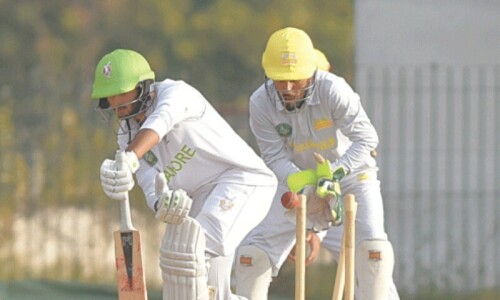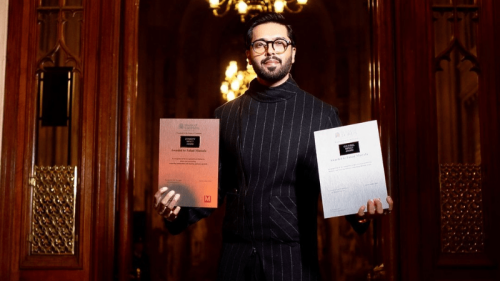ROME: Italy on Friday revoked approval for arms sales to Saudi Arabia and the United Arab Emirates over the conflict in Yemen, making permanent an 18-month temporary suspension.
“Today I am announcing that the government has revoked the authorisations underway for the export of missiles and aircraft bombs to Saudi Arabia and the United Arab Emirates,” Foreign Minister Luigi Di Maio said.
“(This is) an act that we considered due, a clear message of peace coming from our country. For us, respect for human rights is an unbreakable commitment,” he said.
He did not mention Yemen but had referenced the conflict there when he ordered the initial suspension in July 2019.
Italy’s Peace and Disarmament Network, a campaign group, hailed the move as “historic” and estimated that it would see orders for more than 12,700 ordnance cancelled.
It “puts an end, once and for all, to the possibility that thousands of ordnance manufactured in Italy could strike civilian facilities, cause casualties among the population or contribute to worsening the already serious humanitarian situation”, the group said.
In 2019, several European Union countries froze arms sales to Saudi Arabia, which heads a military coalition fighting Iran-backed Houthi rebels in Yemen in a conflict that has killed tens of thousands of people.
According to Italy’s latest figures, dating to 2019, Saudi Arabia and the United Arab Emirates ranked 10th and 11th in the list of the biggest markets for Italian arms exports.
Exports to Saudi Arabia were worth 105.4 million euros ($128 million), while those to the United Arab Emirates were worth 89.9 million euros.
Italy’s decision came in the wake of controversy over former premier Matteo Renzi’s guest appearance at a high-level event hosted by Saudi Crown Prince Mohammed bin Salman.
Renzi, a longstanding foe of Di Maio, is under the spotlight in Rome for withdrawing from the ruling coalition earlier this month and forcing the resignation of Prime Minister Giuseppe Conte.
In Riyadh, he spoke at the Future Investment Initiative — dubbed “Davos in the desert” — in an apparently pre-recorded video with the prince, also known as MBS.
Despite longstanding concerns about Saudi Arabia’s human rights record, Renzi said the Gulf oil monarchy “could be the place of a new Renaissance for the future”.
Italian newspaper Domani, which broke the story on Renzi’s Saudi engagement, said he receives $80,000 a year for being on the advisory board of the FII.
“Senator Renzi does nothing different from what other international leaders do,” a lawmaker from his party, Ettore Rosato, told reporters.
“[He] went to make a cultural contribution,” he added.
Published in Dawn, January 30th, 2021















































